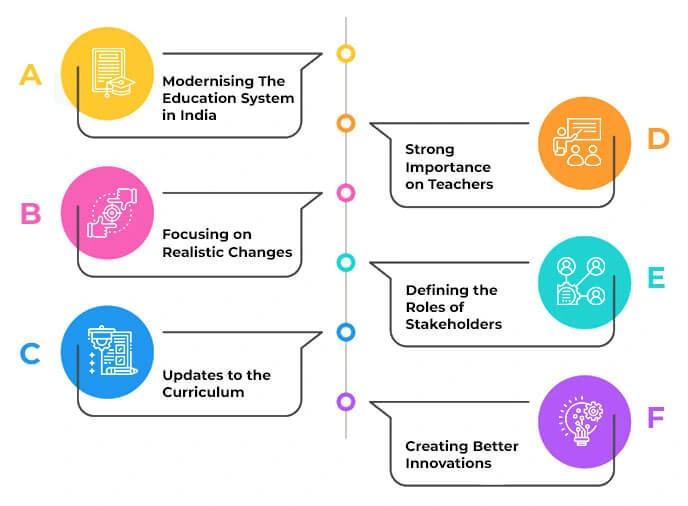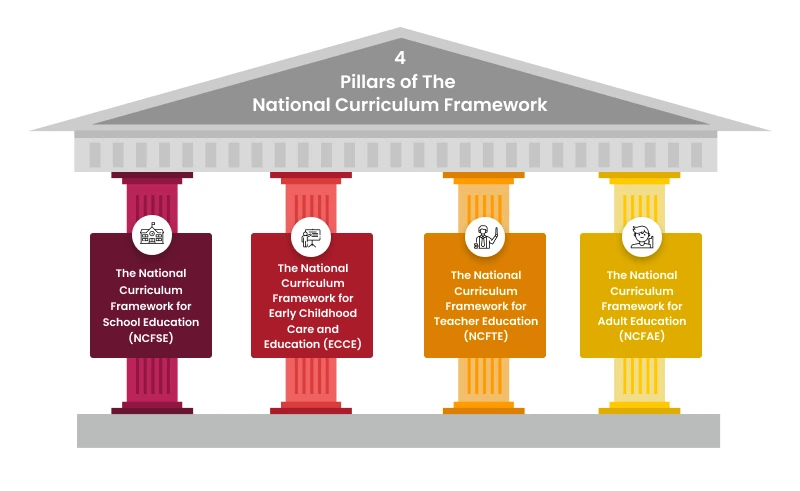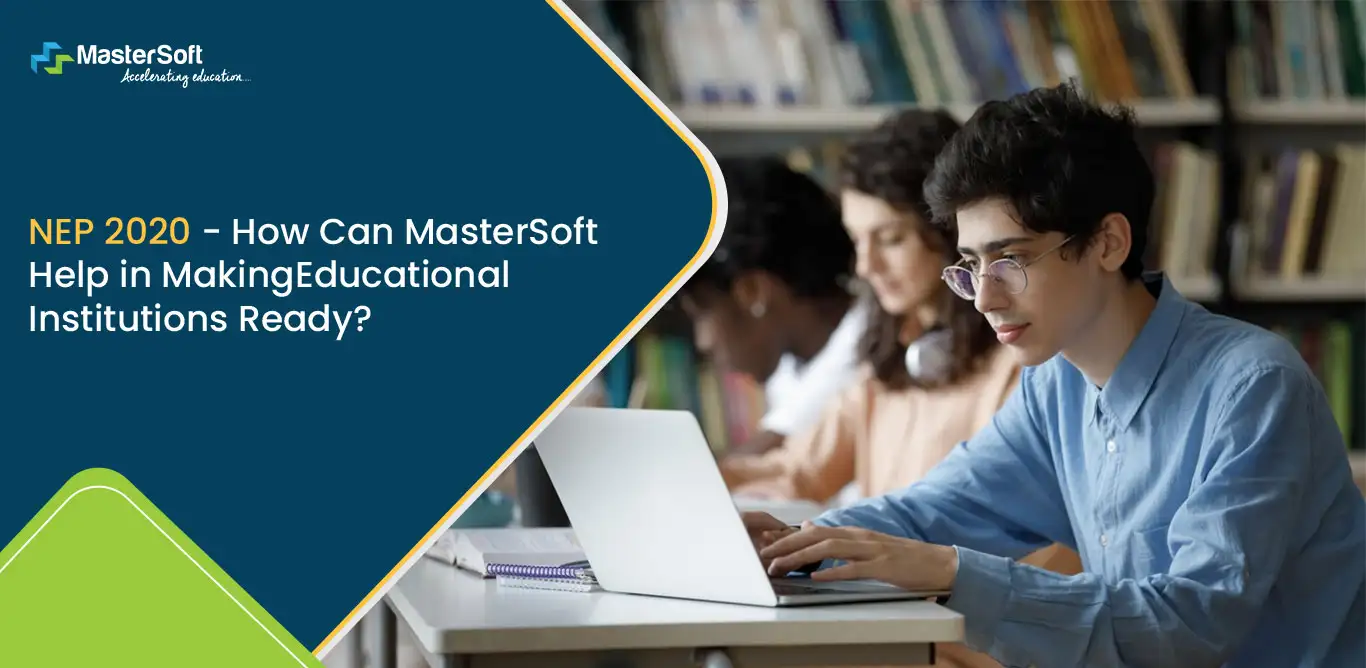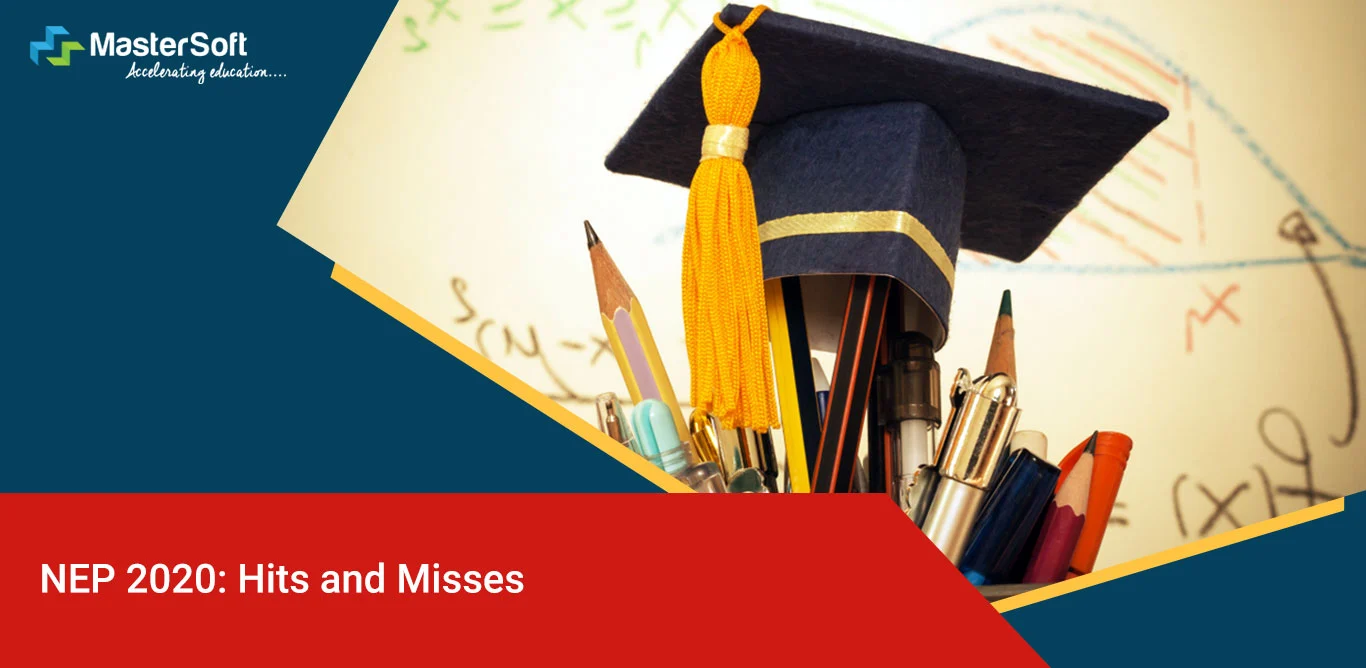9, May 2023
The National Curriculum Framework 2020 (NCF 2020) is an important set of guidelines that guides the educational development of schools and curricula in India. It is a framework that aligns with the vision of National Education Policy 2020 (NEP 2020).
NEP 2020 aims to provide holistic education and skill development to the students of India. The NCF 2020 covers educational instruction for students from the age group of 3 to 18 years across different types of educational institutes in India.
What is the National Curriculum Framework (NCF) 2020?
Since the National Curriculum Framework (NCF), 2005, the educational system has advanced considerably. The National Educational Policy, 2020 is the most recent reformation, and it represents another improvement over the NCF 2005.
Numerous innovative methods for teaching and learning were introduced for a more straightforward and inclusive learning process between the publicising of these two strategies.
The National Curriculum Framework (NCF) is a policy document that was created to guide education development in India. The Ministry of Human Resource Development (MHRD) initially established it in 2005, and it underwent revision in 2020.
The nation's philosophy, goals, and basic framework for curriculum, assessment, and pedagogy are described in the NCF.
In conjunction with the National Education Policy (NEP), the National Curriculum Framework (NCF) is developed and implemented.
This extensive strategy, which aims to improve the nation's educational standards, was developed in collaboration between the Ministry of Education (MoE) and the National Council of Educational Research and Training (NCERT).
All Indian citizens, regardless of their socioeconomic circumstances, can now access high-quality education thanks to the NCF. This includes providing equal chances for students from all socioeconomic, racial, and linguistic backgrounds.
To improve learners' educational prospects, the NCF also promotes the use of technology in the classroom. ERP campus software can help institutions streamline administrative tasks and improve communication between stakeholders, in line with the goals of the NCF.
What is the Purpose of NCF 2020?
The NCF seeks to guarantee that education is all-encompassing and extensive, that children's rights to a good education are upheld, and that the educational system is adaptable and flexible enough to meet changing societal needs.
The curriculum should examine various learning styles, promote critical thinking, and take into account the cultural and environmental settings in which students live and learn.
What are the Objectives of NCF 2020?
Through appropriate beneficial improvements in the curriculum, including pedagogy, this NCF's main goal is to assist in altering the Indian school system as envisioned in NEP 2020.
Since the word "curriculum" encompasses a student's overall experiences in school, "practices" refer to more than just curricular content and pedagogy; they also include the school environment and culture.
The NCF places significant importance on goal-oriented objectives and has a well-organised procedure for developing policies and guidelines. The foundation of the entire framework consists of these aims.
The most important National Curriculum Framework objectives are listed below.

Modernising The Education System in India
If the old education system in India is combined with modern culture, it will have greater worth and credibility. The NCF provides this on a dynamic level.
Focusing on Realistic Changes
The current state of our educational system is that no abrupt reforms are conceivable, resulting in a significant systemic turnover all at once.
NCF is the best option for implementing the gradual adjustments that will have a noticeable influence on the system.
Updates to the Curriculum
Making sufficient adjustments to the current curriculum, which has a number of challenges to overcome, is one of NCF's main goals. The most important modifications should be made at all levels of the instructional system.
Strong Importance on Teachers
With a focus on teachers, NCF seeks to establish a healthy learning environment in educational institutions. The framework provides precise guidance on how to proceed effectively when allocating teachers enough room to plan and deliver lessons.
Defining the Roles of Stakeholders
Stakeholders are people and organisations that can influence how the NCF is implemented. Determining the tasks and obligations that correspond to their roles and maximising their potential is one of the goals of NCF.
Creating Better Innovations
Innovative and imaginative tactics in the education industry will be on the rise with a structured framework like the NCF in place. Moving forward, directed modifications could be put in place to boost the innovation quotient even further.
Four Pillars of The National Curriculum Framework
NEP 2020 creates a system where NCFs are split into four different sections, each with a high level of individual value.
To ensure that students are capable of receiving the strategic learning evolution, the four sections of the NCF are split into phases that follow one another.

The National Curriculum Framework for School Education (NCFSE)
All assistance and support given to students fall under the area of school education in NCFSE. These mostly address the set of standards for textbooks, curricula, and instructional methods.
Early Childhood Care and Education (ECCE)
From an early age, NCFECCE places a strong emphasis on giving children a complete education. This kind of process-oriented education establishes a student's profession from the ground up.
The National Curriculum Framework for Teacher Education (NCFTE)
The NCFTE provides teachers with direction and clear empowerment in their training roles in education. It is an essential component of the NCF rules in the contemporary educational system.
The National Curriculum Framework for Adult Education (NCFAE)
With the NCFAE programme, NEP 2020 provides space for adult education privileges as well. It serves as a turning point in developing important values for education using age-appropriate methods.
National Education Policy 2020 For Schools
Key Benefits of NCF 2020
- The NCF has received a lot of praise since it provides states and local schools with more flexibility, enabling them to customise their curricula to meet the requirements of their students.
- Mathematics, physics, language, the arts, physical education, social studies, technology, and life skills are just a few of the themes and subjects that the NCF addresses. It places a strong emphasis on learning as a whole, which incorporates both conventional academic content and real-world skills.
- Additionally, it encourages the use of technology in the classroom and encourages creativity and critical thinking.
- Other significant issues, like gender equality and disability rights, are also governed by the NCF. The NCF is a crucial step towards modernising Indian education and raising the standard of education for all students.
- The NCF promotes collaboration between educators, parents, and the community to improve the learning environment in addition to developing a more cohesive curriculum.
- Also, the NCF is intended to improve the educational experience for all Indian students, regardless of their upbringing or living conditions.
- The NCF brings much-needed modernization to Indian education and can support ensuring that every student obtains an equitable education by allowing states and local schools to adapt their curricula in accordance with the needs of their pupils.
Panchakosha Vikas (Five-fold Development)
A balanced link between the mind and body is the centre of the Panchakosha doctrine, which dates back to ancient India. Pancha denotes the number five, and kosha denotes a self-covering or sheath.
The National Curriculum Framework rules are based on the Panchakosha idea, according to which each layer must experience significant development. This creates a pathway for students to adapt, develop, and advance in all facets of life.
The Panchakosha idea and imagination also correspond to the many ECCE development domains that serve as the foundation for the curricula goals. These five Koshas encompass the areas of the body, mind, intellect, spirit, and life energy.
Sharirik Vikas (Physical Development):
Sharirik Vikas is responsible for the physical domain's development. The learner will discover the value of movement through sports, games, meditation exercises, and other physical activities.
Age-appropriate, well-balanced physical growth, flexibility, fitness, strength, and endurance; senses; nutrition; personal cleanliness; development of physical abilities; formation of the body and habits; and the idea of a human being living a healthy 100 years are incorporated into a student's education.
Pranik Vikas (Life Energy Development):
The way Pranik Vikas covers the fundamentals of life force or life energy development makes this idea an exceptional gem to follow. It helps learners develop the fundamentals of holistic learning.
The education of pupils includes the activation of the sympathetic and parasympathetic neural systems, which contribute to the balance and retention of energy, positive energy, and enthusiasm, as well as the efficient operation of all main systems (digestive, respiratory, circulatory, and nervous systems).
Manasik Vikas (Mental Development)
Manasik Vikas incorporates the mental and emotional growth that is a significant component of educational activity. It deals with developing a positive and passionate outlook on life.
Students' education also covers the visual and performing arts, culture, literature, handling negative emotions, cultivating virtues (maulyavardhan), and handling the will to attach to and detach from people, situations, and jobs.
Bauddhik Vikas (Intellectual Development)
Intellectual growth is a necessary but insufficient condition for learning. The focus of this point, according to Bauddhik Vikas, is on enhancing a student's intelligence.
Students' education includes teaching in observation, experimentation, analytical skill, synthesis, abstract and divergent thinking, linguistic proficiency, logical reasoning, imagination, creativity, power of discernment, generalisation, and abstraction.
Chaitsik Vikas (Spiritual Development)
Every learner can benefit from spiritual enlightenment and education, which are the focus of Chaitsik Vikas. At this point, the student gains knowledge of the energy balance and the key operations of all critical systems.
Students' education includes lessons on joy, compassion, spontaneity, independence, aesthetics, and the process of "turning the awareness inward."
Strategies for Implementing the National Curriculum Framework 2020:
The various strategies to support the implementation and impact of the National Curriculum Framework are as follows:- The extension of knowledge and enthusiasm for learning to activities outside of the classroom.
- Effective usage of collaborative and coordination techniques to serve as a guiding light.
- Flexible and integrated techniques for changing the learning practises to the modern version.
- Personalised learning support methods.
- Professional educational community-building activity.
- Digital transformation-based learning processes.
- The knowledge-oriented and paperless approach in the document-based learning environment.
- Development of focus groups on the basis of different areas or themes.
Summing Up
The NCF is a set of academic standards for primary and secondary education created to direct teaching and learning in India.
A helpful tool for educators and policymakers in India, the NCF 2020 offers a roadmap for the creation of an excellent educational system that satisfies the demands of students in the twenty-first century.
It also encourages equity, inclusivity, and critical thinking, as well as experiential and inquiry-based learning. NCF 2020 offers much-needed direction on curriculum creation and implementation to teachers, parents, and administrators.
It also helps to give all schools in India a uniform structure, thus boosting the quality of education in the country.
Connect With MasterSoft - Your One-Stop ICT Solutions Aligned With NEP 2020
Mobile: 08448010216
Email:info@mastersofterp.com













